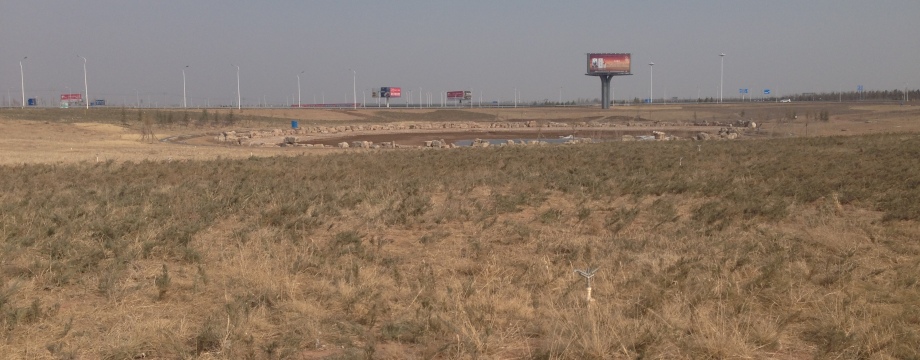A few years ago while passing through Manchester my girlfriend and she picked up Mao’s Great Famine by Frank Dikötter. It sat on our metaphorical bookshelf since and only recently I’ve gotten around to reading it.
The book details the magnitude of the horror of the famine, using recent information released by the Chinese government and anecdotal examples. It goes into great detail of what caused the famine, its effect on the people and Chinese economy and Mao and his government’s role in not only causing the famine, but prolonging and making it even worse.
The book details the way the government policies affected every aspect of Chinese life, causing everyone to have to find new means of survival or die. It shows how it wasn’t just farming that was destroyed, but China’s entire economy and infrastructure – from the villages right up to Mao himself.
The book is filled with anecdotes that serve to demonstrate the horrors people experienced during the famine. Many had to adapt by digging up leaves, eating tree bark, stealing, violence or selling their children or their own bodies. It shows how the power shifted to people who controlled the rice and how they abused that power.
The book also tells of Mao’s role in it all, how he was not informed of what was going on, and even when he was he would say that the benefits outweigh the losses.
Living in China I found as I was reading the book that I could understand more the reasons why this country is the way it is. It feels like China is still reeling from the effect of the Great Famine, bearing in mind it has barely been a few generations since it happened.
The book has, of course, had criticism levied at it since it’s release.
Some say that the book is simply a list of anecdotes. This is partly true, although every anecdote is sourced. However, this doesn’t automatically mean that the sources are any more reliable.
Others have said that the book reads as an angry rant against Chairman Mao. This I can agree with, whether intentional or not, the tone of the book overall feels very aggressive and is easily interpreted as a direct attack on Chairman Mao.
Other criticisms include that he left out atrocities that occurred leading up the Famine – pointing out that many of the atrocities he attributed to the Famine were already occurring before it. China was very militant at the time, having just survived a civil war and a war against the USA in Korea, so life in general wasn’t the most nonviolent and peaceful beforehand.
He also leaves out any of the positive things that Chairman Mao did for the country, something which could easily have been done on purpose to portray Mao in a much more negative light.
People also question his death toll – China’s official figures say it was 15 million excess deaths; most historians put the figure at 25-40 million. Dikötter’s estimate is at 45 million. Many say that this is an overestimate as he didn’t take into account factors before the Famine and assumed an extremely low “normal” death rate.
Overall it is a book worth reading. Despite these criticisms it is a very detailed account of the Famine, and truly shows the horrors of things people had to experience at the time. While it only focuses on the negatives, there wasn’t much to be positive about in China between 1958 and 1962.



